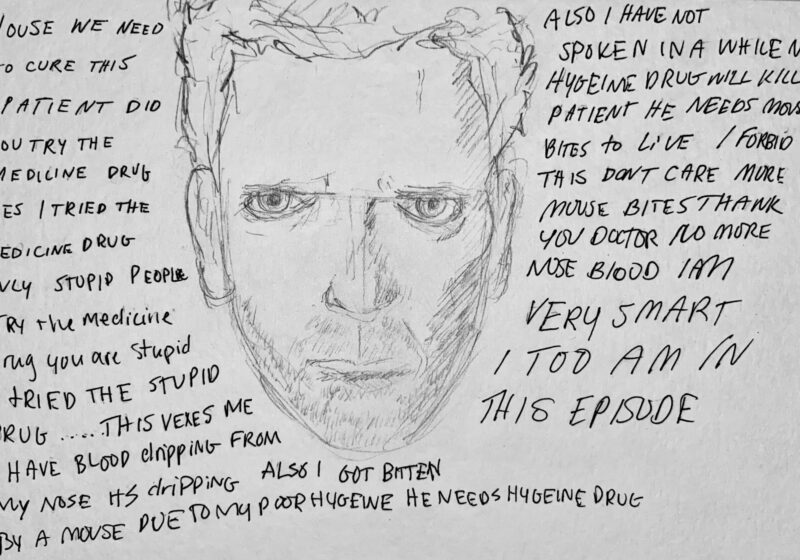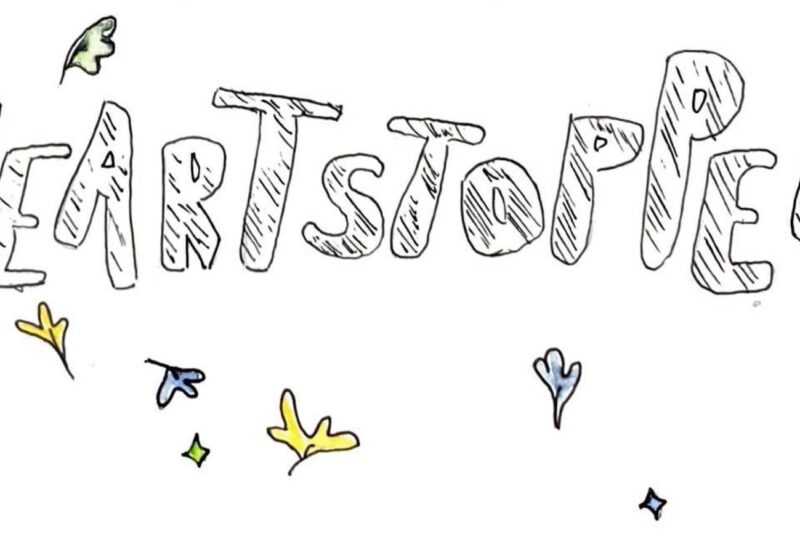On Wednesday, Sept. 24, the Students’ Association hosted its first Town Hall meeting of the year. Representatives at the meeting provided a brief explanation of their responsibilities for the campus, followed by a description of what students are permitted and prohibited from doing. The audience was then allowed to inquire further in an open forum.
In order to address the myriad concerns, Dean of Students Matthew Burns, Information Technology Analyst Bill Waterhouse, Rick Crummins, Assistant Director of Operations of the Medical Emergency Response Team and senior Peter Swanson and Chief Justice of the All-Campus Judicial Council and senior Scott Group were in attendance.
The event opened with a power point presentation from Waterhouse, who stressed the gravity of copyright infringement. His presentation included a step-by-step diagram on how copyright infringement is detected and reported. Some of the alarming statistics that stuck out amongst the student body were the 3,150 notifications of copyright infringement at UR since 2002. Waterhouse urged students to restrain from using peer-to-peer programs, and to use Ruckus as a safe alternative.
Junior Dave Kraft expressed concerns about the downloading policies.
‘When they mentioned Ruckus, it’s safe, but it lacks my taste of music,” Kraft said.
‘…But, still, I’m glad that I got rid of my P2P program. Aside from copyright infringement, it also gives you a lot of virus issues.”
The focus of the meeting then shifted over to MERT. Swanson’s first order of business was to clarify that contrary to popular belief, there have not been any changes in MERT’s ambulance policy.
According to Swanson, MERT, as a separate entity, does not adhere to school regulations, but to regional regulations for licensed Emergency Medical Technicians. Swanson also addressed a question pertaining to students’ rights when they are approached by MERT for medical examination or for hospital transportation.
If a student is aware of their surroundings, and they are able to answer basic questions, the student may refuse medical treatment by signing a form. However, when students present a clear threat to their own or the community’s well-being, then MERT is held liable if the student is not taken to an ambulance.
Swanson stressed that the following factors are considered MERT’s discretion, the student’s behavior and condition, the welfare of the community and MERT’s liability in the situation.
The final portion of the forum involved UR Security. The immediate question was in regards to privacy issues, such as whether students are required to open the door if Security knocks.
A representative of Security told the student that students do not have to open their doors. However, if there is a safety or health issue, Security is permitted to unlock the door. If the issue isn’t pressing, such as a noise violation, Security can be more lenient in the matter.
Often times, the Resident Adviser or Residential Life will be contacted about the issue.
Burns followed up by telling the student body that Security is still allowed to enter their dorms under both circumstances. At a private institution, he explained, there are different regulations and policies that are permitted.
SA Vice President and senior Tyler Socash considers the monthly town hall meetings a necessity in informing students.
‘It is crucial for the student government to reach out to the student body and to allow their concerns to be heard directly,” Socash said.
‘This is also a great venue for undergraduates to address problems that they have encountered with student’s rights, and their voice can be heard by high-ranking university officials,” he added.
Nathanial is a member of the class of 2010.




